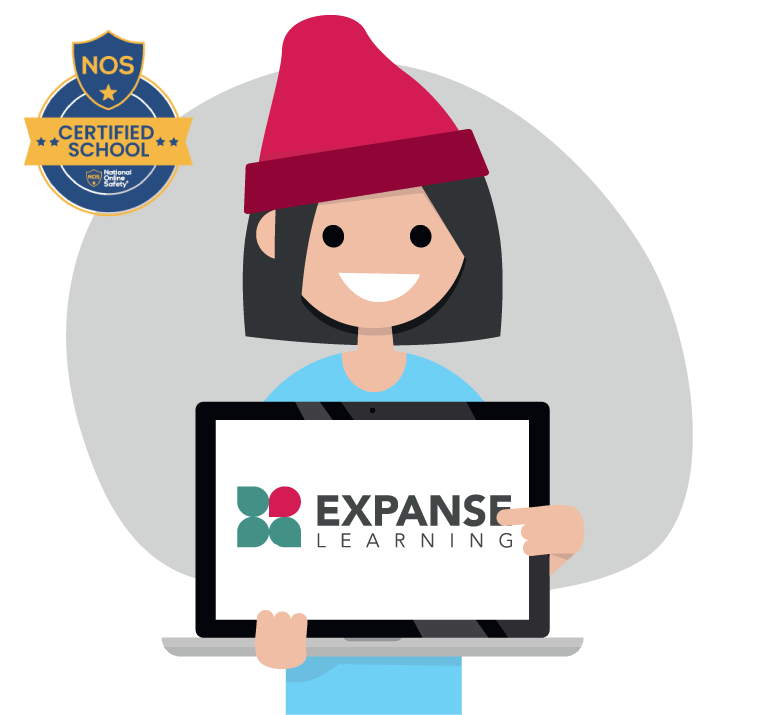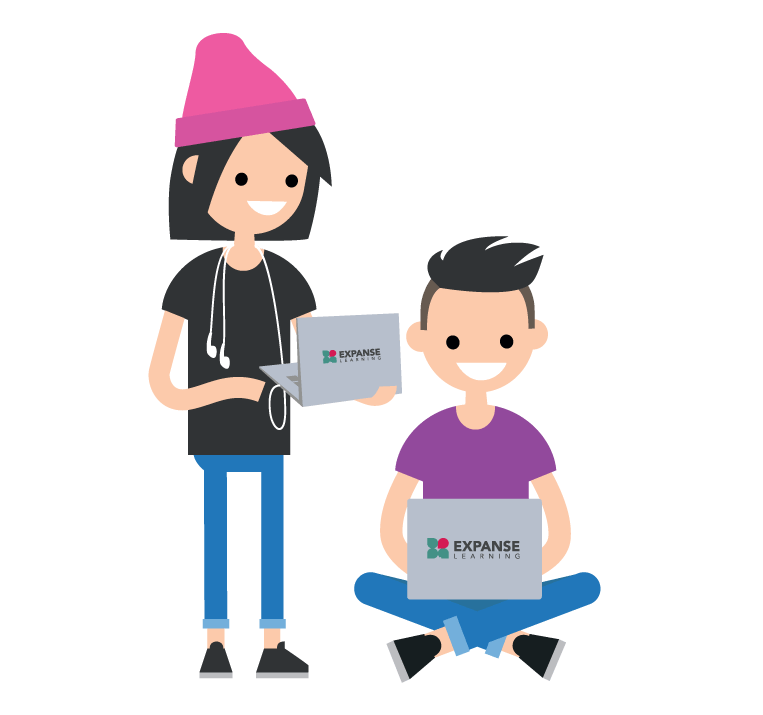E-Safety – Information for Parents
Home » Expanse Learning School » Wigan School » Information for Parents » E-Safety – Information for Parents
Many parents and carers are concerned about what their child/young person accesses on the internet and how they use social media sites, for example TikTok.
To support parents, we have developed a partnership with National Online Safety (NOS) and all parents have access to this portal to support them to keep their child safe online. Parents will find a range resources and sources of information on the NOS site. When your child starts at our school you will be provided with log on information. Please contact school reception for any support in accessing the NOS site.
In addition to the above, the website ‘Thinkuknow’ provides further information, advice and guidance to parents. We have placed below a number of ‘Top Tips’ from the Thinkuknow website.

Top Tips
-
Be involved in your child/young person online life. For many of today’s young people there is no line between the online and offline worlds. Young people use the internet to socialise and grow and, just as you guide and support them offline, you should be there for them online too. Talk to them about what they’re doing, if they know you understand they are more likely to approach you if they need support.
- You can watch Thinkuknow films to learn more.
-
The Thinkuknow programme has films and advice for children from five all the way to 16. Your child/young person may have seen these at Expanse, but they can also be a good tool for you to find out more about what young people do online and some of the potential risks.
- Keep up-to-date with your child/young person development online. Be inquisitive and interested in the new gadgets and sites that your child/young person is using. It’s important that as your child/young person learns more, so do you.
- Set boundaries in the online world just as you would in the real world. Think about what they might see, what they share, who they talk to and how long they spend online. It is important to continue to discuss boundaries so that they evolve as your childs/young persons use of technology does.
- Know what connects to the internet and how. Nowadays even the TV connects to the internet. Your child/young person will use all sorts of devices and gadgets; make sure you’re aware of which ones can connect to the internet, such as their phone or games console. Also, find out how they are accessing the internet – is it your connection or a neighbour’s Wifi? This will affect whether your safety settings are being applied.
- Consider the use of parental controls on devices that link to the internet, such as the TV, laptops, computers, games consoles and mobile phones. Parental controls are not just about locking and blocking, they are a tool to help you set appropriate boundaries as your child grows and develops. They are not the answer to your child’s online safety, but they are a good start and are not as difficult to install as you might think. Service providers are working hard to make them simple, effective and user friendly.
- Emphasise that not everyone is who they say they are. Make sure your child/young person knows never to meet up with someone they only know online. People might not always be who they say they are. Make sure your child understands that they should never meet up with anyone they only know online without taking a trusted adult with them.
- Know what to do if something goes wrong. Just as in the offline world, you want to help your child/young person when they need it. Therefore, it is important to know when and how to report any problem.
Click the links to checkout advice on
General safety advice from

Curriculum
Across all Key Stages learners are given a specific E-Safety programme of study. All students’ complete projects based on the UK Council for Internet Safety “Education For A Connected World” framework.
Additional resources are available that have been created by CEOP as part of their ‘Thinkuknow’ initiative.
Students also complete whole school E-Safety workshops for Safer Internet Day (February) and for Anti-Bullying Week (October).
Students take part in termly assemblies in a variety of E-Safety areas including cyberbullying, online dangers etc.

